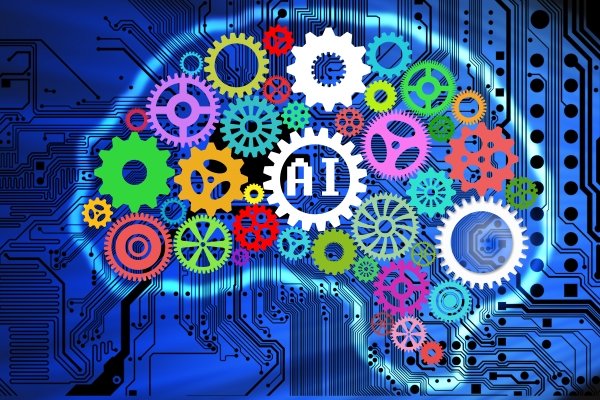Impact of Artificial Intelligence in the Healthcare Sector
April 30, 2019 | Tuesday | Features | By Vivek Saxena
Vivek Saxena, National Manager - Healthcare IT, Fujifilm India talks about the impact of AI in the Healthcare Sector
Artificial Intelligence and Machine Learning are gaining momentum in the last couple of years. The penetration is getting higher because when it is applied in an organizational context effectively these technologies then are able to significantly enhance business outcomes. Today, machines not only have a greater number of tasks, but they have also brought about a massive change in how people perceive and interact with technology.
In the healthcare sector, AI is revolutionizing the industry over with its ability to process data in a speedy way. The adoption of artificial intelligence in the healthcare sector is growing significantly while radically changing the dynamics of its delivery. With the presence of this technology, it is allowing individuals to easily access and secure the patient’s medical data, understanding and analyzing their illnesses. Widely helping the industry to improve its standards of accuracy and efficiency in diagnosing the health care practices.
The overall healthcare industry is one of the largest with a massive patient database in India. It is further expected to reach $6.6 billion by 2021 with the on-going developments in artificial intelligence. By providing relevant predictions to prevent diseases and clinical confidence. According to the Interim Budget of 2019-2020, the government has specifically stressed on creating a strong healthcare delivery system in the country with an ambition to enable people of all strata to avail accessible and affordable medical facilities. In order to fulfill this ambition, the government will be setting up National Centre for Artificial Intelligence, along with the development of National AI Portal, to create an ecosystem for the adoption of technologies in order to support the momentum of care. Additionally, Dot era is opening a myriad of opportunities including internet of medical things for the healthcare industry. In simple words, machine-to-machine communication using sensors that captures an event and translates that for the receiver to take an action. In this process of communication, AI has been continuously bridging the gap between healthcare service delivery and patient recovery.
Early diagnosis, health assistance, mining complex data analysis, drug discovery and supply chain are some of the pillars of the healthcare sectors which help in the seamless delivery of services to the patient. These pillars not only make an organization’s bottom lines healthier but also contribute towards a better way of preventing diseases through prediction. With Fujifilm’s long history of innovation in medical imaging and healthcare informatics, Fujifilm has created a new AI platform REiLI to meet the current needs of the patients. The union of the technologies of Image Processing and Artificial Intelligence allow specialists to facilitate an accurate diagnosis.
Diagnostic imaging with new methods of machine and deep learning is emerging as a powerful tool for translating large datasets into coherent knowledge for better healthcare facilities. India suffers from the lack of doctors at all levels, from General Physicians to diagnose and help manage chronic conditions to specialists in Pathology and radiology. With the growing presence of AI, it will help the doctors in diagnosing faster and will allow them to focus on reviewing the data given by AI algorithms to work on complicated cases that AI cannot handle. Therefore, it is important for healthcare providers to leverage these technologies as the country is facing a serious health crisis due to the growing disease burden and poor doctor-patient ratio. Spurring AI-based innovation and establishing AI-ready healthcare infrastructure is thus imperative for both government and the private sector.
The most important challenge, identified is that to collect, validate, standardize, correlate, archive and distribute AI-relevant data and make it accessible to organizations, people and systems without compromising privacy and ethics. Other challenges highlighted were improving healthcare quality and improving the delivery of public services, besides addressing issues like data security, and training AI professionals. In this integrated world of healthcare, diagnosing problems and analyzing data with the assistance of AI tools will predispose someone to a particular disease.
Countries like India, which have complex healthcare environment, with rising demand for qualitative care, AI applications will have the potential to transform the sector in ways that can’t be perceived.









